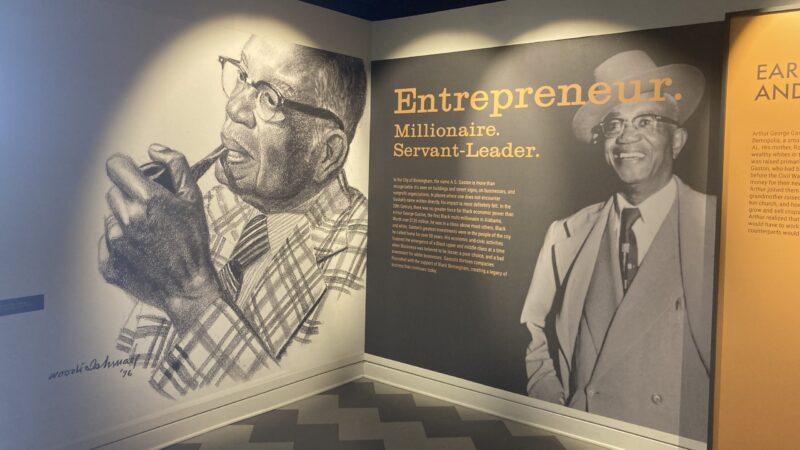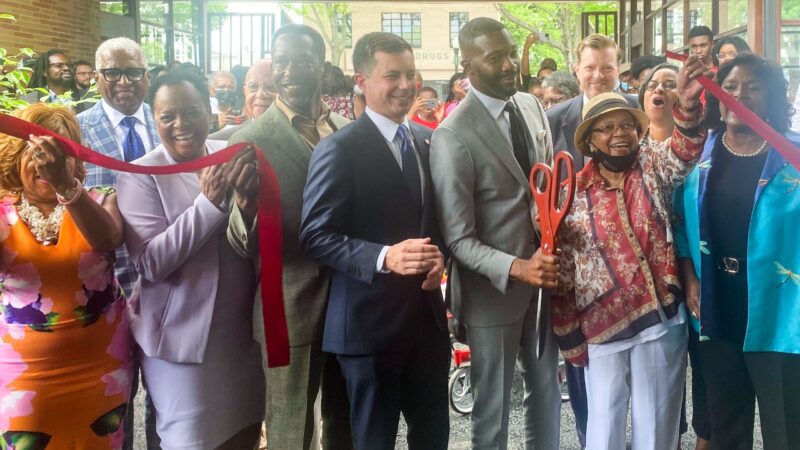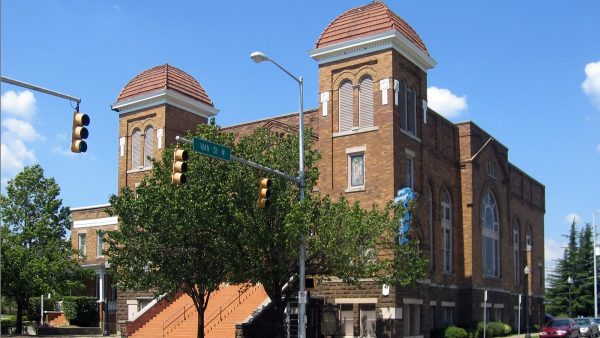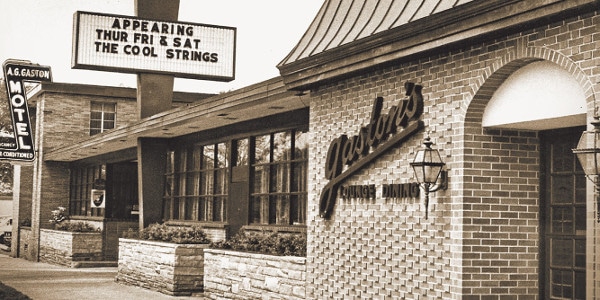A.G. Gaston
You can now see the renovated A.G. Gaston Motel
Almost 40 years after it closed, the newly renovated A.G. Gaston Motel in downtown Birmingham opened to the public Thursday. Visitors will be able to walk in the same steps as many historic Black figures.
The historic A.G. Gaston Motel comes back to life with a coffee shop and exhibit
The motel opened in 1954 and became one of the city’s main Black establishments. The motel served as a first-class lodging, entertainment and dining hall for traveling Black people who came to Jim Crow Birmingham.
Birmingham Civil Rights District Named National Monument
Birmingham city leaders announced Thursday evening that the Birmingham Civil Rights District, once a hub of violence and aggression toward African-Americans, is now a national monument. President Obama named it one of […]
Birmingham’s Place in Historic Preservation Efforts
The National Trust for Historic Preservation recently declared Birmingham’s A.G. Gaston Motel a National Treasure. It also declared the landmark one of America’s eleven most endangered historic sites. Marita Rivero chairs the trust’s board and is Executive Director of the Museum of African American History in Boston. She’ll give the keynote address Thursday evening for the Birmingham Civil Rights Institute’s Black History Month celebration. Rivero spoke with WBHM’s Rachel Lindley about Birmingham’s importance in the national conversation on historic preservation and the significance of the A.G. Gaston Motel.
The A.G. Gaston Motel in Birmingham: A Civil Rights Landmark
Many names are associated with the Civil Rights Movement, but sometimes buildings can hold just as much importance. Once such building is Birmingham's A.G. Gaston Motel. Martin Luther King, Jr. and other civil rights leaders stayed there and it served as the headquarters for the Birmingham movement. Marie A. Sutton wrote about the history of the building in her new book.







